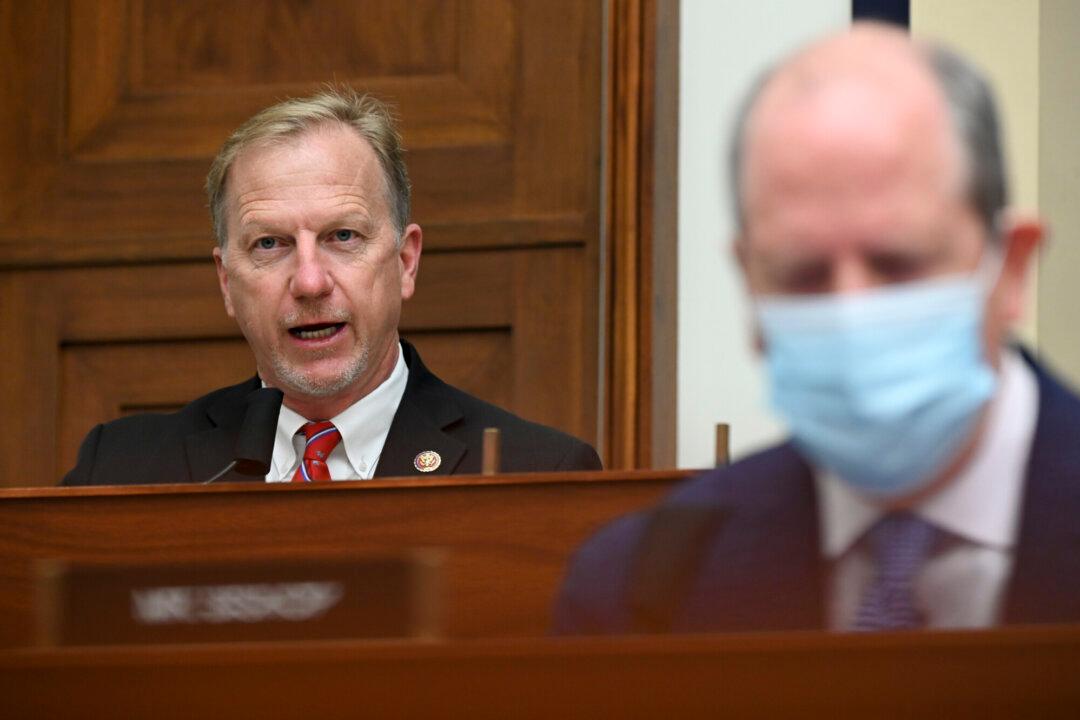A senior House Republican leader said Wednesday that passing a “strong” debt limit bill should be the GOP’s top legislative priority and called for a vote on the measure in April, arguing that “the time for action is now.”
Rep. Kevin Hern (R-Okla.), who chairs the Republican Study Committee (RSC), set the end-of-month deadline for a vote on the bill in a Wednesday letter to his GOP colleagues (pdf).





